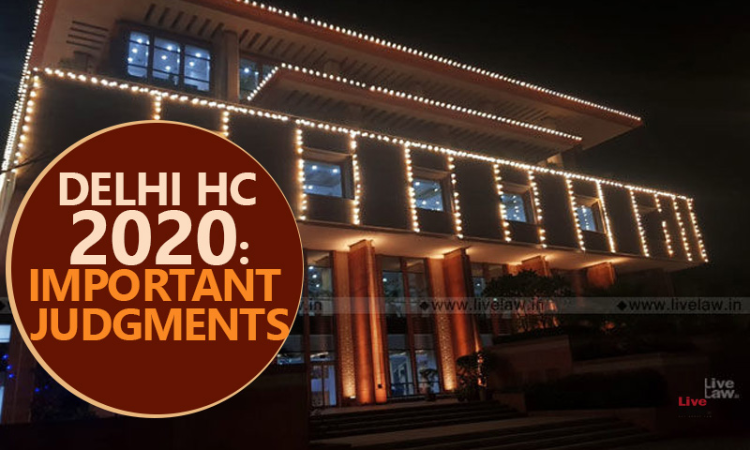Next Story
4 Jan 2021 12:27 PM IST
Orders Relating to Fundamental Rights 1. Delhi High Court Holds "To Have A Name And Express The Same" Is Protected Under Articles 19 & 21, Allows DU Student's Plea In a landmark judgment, the single judge bench of Justice Jayant Nath while hearing a DU student's plea, held that "to have a name and express the same" is protected under Articles 19(1)(a) and 21 of the...

